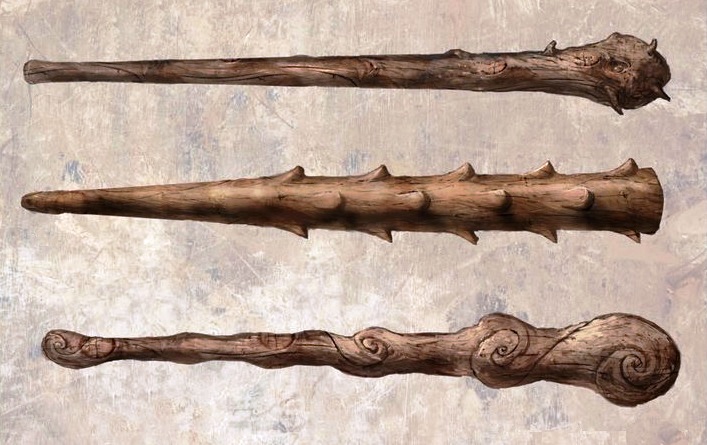Difference between revisions of "Club (weapon)"
Tao alexis (talk | contribs) (→Combat) |
Tao alexis (talk | contribs) |
||
| Line 7: | Line 7: | ||
== Combat == | == Combat == | ||
| − | The club inflicts damage ranging from '''1 to 6''', adjusted by the wielder's [[Strength (ability stat)|strength]]. When using it in close combat, fighters often employ a swift, forceful swing, leveraging their strength to maximize the impact. | + | The club inflicts [[Damage (hit points)|damage]] ranging from '''1 to 6''' [[Hit Points|hit points]], adjusted by the wielder's [[Strength (ability stat)|strength]]. When using it in close combat, fighters often employ a swift, forceful swing, leveraging their strength to maximize the impact. |
{| class="wikitable" style="float:left; margin-right: 25px; text-align: center; background-color:#d4f2f2;" | {| class="wikitable" style="float:left; margin-right: 25px; text-align: center; background-color:#d4f2f2;" | ||
Revision as of 19:45, 22 October 2023
The club, also called a also the cudgel, bludgeon, shillelagh, bang or knobkerrie, serves as a versatile melee weapon and a hurled projectile, traditionally crafted from hardwood. Typically, it takes the form of a wooden shaft measuring approximately 24 to 30 inches in length, featuring a reinforced, rounded knob at one end.
Contents
It has the benefit that anyone can fashion a makeshift club from everyday objects such as a table-leg, a fragment of a bannister or even a belaying pin — any might be employed as an improvised club if no other weaponry is at hand.
Weapons with spikes, metal-weighted heads, chiseled sharp edges or set with metal studs belong to a different class of weaponry and are more appropriately categorized as maces or godentags. These specialized variations are described elsewhere.
Combat
The club inflicts damage ranging from 1 to 6 hit points, adjusted by the wielder's strength. When using it in close combat, fighters often employ a swift, forceful swing, leveraging their strength to maximize the impact.
| Bow | Point Blank |
Short | Medium | Long |
|---|---|---|---|---|
| Club | 2 | 3-5 | 6-7 | 8-9 |
The goal is to strike the target with the rounded knob or the hardened end of the club, aiming for vulnerable areas to deliver a powerful blow. This is particular effective with the shillelagh, which can be transformed by the 1st level druid spell of the same name, augmenting the weapon so that it causes 2-8 damage and acts as a magical weapon.
Hitting with a hurled club can be improved by a high [[Dexterity (ability stat)|dexterity. The range of a thrown club is typically limited, making it essential for the thrower to have a good sense of distance and timing. A well-aimed throw can catch opponents off guard or incapacitate them from a distance, adding a tactical advantage to this unconventional use of the weapon.
The table shown provides the effective range of a club, remembering at there's a +1 bonus to hit at point blank range, while medium range gives a -2 penalty; long range gives a -5 penalty.
Characteristics and Background
At 3½ lbs., the club is considered to be a "light weapon," so it's used with one hand and takes 1 action point to draw from a character's belt. If a roll to hit produces a fumble, the club will break on a 1 in 4. It's the right size and length to be used while on horseback.
The club is a hereditary weapon in various forms, shown in brackets, for characters raised in the Dutch Colonies (knop), Leinster & Munster (shillelagh), Northumbria & Ulster (cudgel), among Plains Natives in America and the Zulu (knobkerrie). It's favoured among persons whose progenitor is a hermit, innkeeper and sailor. This grants a +1 bonus to hit for these peoples.
The 1st level druid spell, shillelagh, transforms an ordinary club of that type into a temporary magical weapon.
